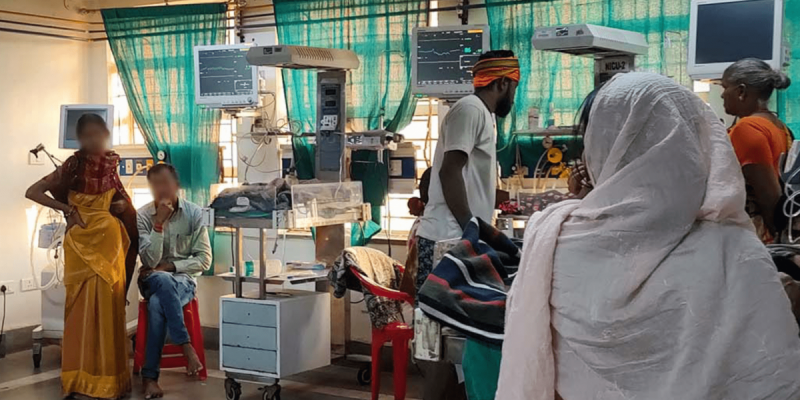- Courses
- GS Full Course 1 Year
- GS Full Course 2 Year
- GS Full Course 3 Year
- GS Full Course Till Selection
- MEP (Mains Enrichment Programme) Data, Facts
- Essay Target – 150+ Marks
- Online Program
- GS Recorded Course
- NCERT- First Ladder
- Polity
- Geography
- Economy
- Ancient, Medieval and Art & Culture AMAC
- Modern India, Post Independence & World History
- Environment
- Governance
- Science & Technology
- International Relations and Internal Security
- Disaster Management
- Ethics
- Current Affairs
- Indian Society and Social Issue
- CSAT
- 5 LAYERED ARJUNA Mentorship
- Public Administration Optional
- ABOUT US
- OUR TOPPERS
- TEST SERIES
- FREE STUDY MATERIAL
- VIDEOS
- CONTACT US
Live-in Relationships in India and Legal Considerations
Live-in Relationships in India and Legal Considerations
23-04-2024
The Uttarakhand Uniform Civil Code (UCC) Bill mandates compulsory registration of all live-in relationships in the state, irrespective of residency. It also provides for maintenance to women and jail terms for not producing a "certificate" of the relationship. This bill raises concerns about the privacy and personal liberty of consenting adults.
Legal Status of Live-in Relationships in India:
In India, live-in relationships are not clearly governed by law or custom. However, through judicial decisions, the Supreme Court has expanded the recognition of live-in partnerships and established guidelines to handle such relationships.
Key Supreme Court Judgements:
- Badri Prasad v. Dy. Director of Consolidation (1978): Live-in relationships are legal if they meet the requirements of marriage, such as legal age, consent, and mental capacity.
- Lalita Toppo vs. The State of Jharkhand (2018): Live-in partners are entitled to more relief under the Domestic Violence Act, 2005 (PWDVA 2005) than under the Code of Criminal Procedure, 1973.
- Bharatha Matha vs. R Vijay Renganathan & Ors (2010): Children born through live-in relations will be considered legitimate and will be allowed to share in the ancestral undivided property.
- Indra Sarma v. VKV Sarma (2013): If both partners are unmarried then living in a live-in relationship is not illegal and it is not a crime.
Factors Influencing the Rise of Live-in Relationships:
- Due to social change, globalization, urbanization and cosmopolitan values, the younger generation is increasingly accepting pre-marital sexual relations and Live-in Relationships.
- Individual autonomy and freedom of choice have led to a desire for live-in relationships, especially in contrast to historically prevalent arranged marriages and societal expectations.
- Evolving views on commitment emphasize emotional connection, communication, and compatibility, reducing the sanctity of marriage as the ultimate symbol of commitment.
- Live-in relationships provide a way to test domestic compatibility before marriage, addressing concerns about a restrictive or burdensome marriage process.
Socio-Legal Impact:
While live-in relationships have gained legal recognition, their social acceptance challenges traditional family structures and sparks debate on legal reforms. They can create generational conflict and social tension, especially in conservative communities.
Conclusion:
To address the conflicting opinions associated with live-in relationships, it is necessary to enact separate laws specifically addressing such relationships. This will provide clarity, security and rights to individuals involved in live-in arrangements.



